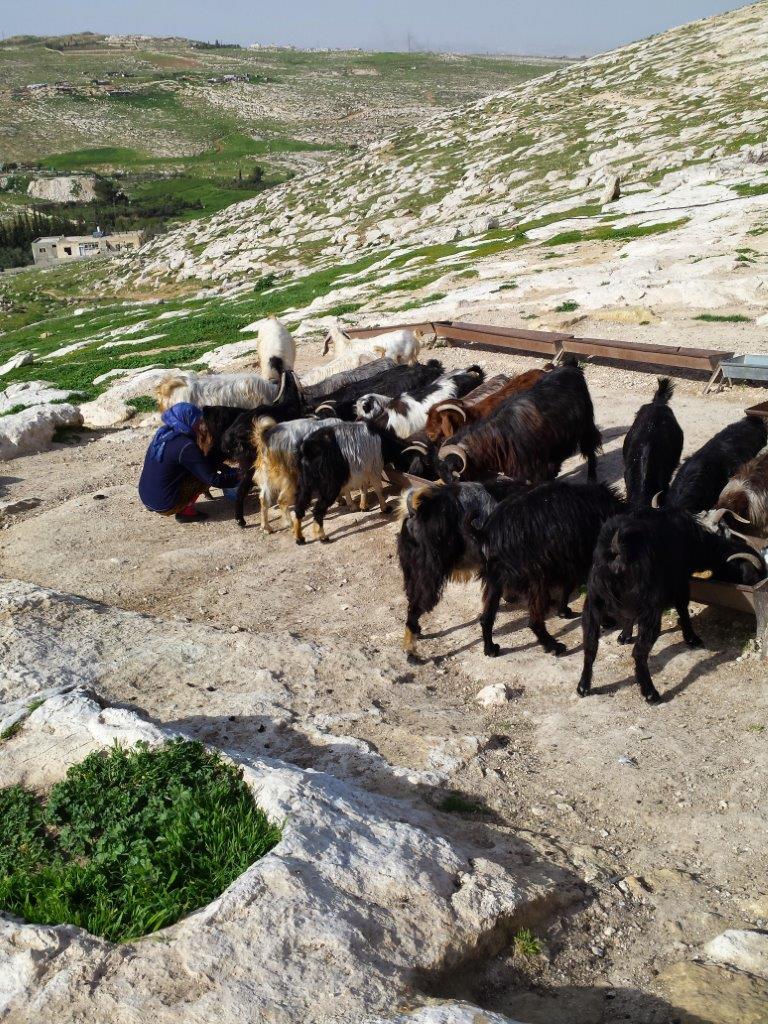
Aggression is influenced by individual characteristic as well as by cultural factors (Cohen & Leung, 2010; Leung & Cohen, 2011). Aggression is valued differently in different cultures, and in some cultures may be justified as a way to solve interpersonal conflict, in particular in cultures that emphasize honor (Anderson & Bushman, 2002; Cohen et al., 1996). Those in power regularly use a variety of measures to stay in power. Aggression is often used to maintain pressure on people or subgroups to conform to the norms of the majority (Hopper, 2003). Generally, men tend to be more aggressive than women are. Fear of losing status and respect in the eyes of fellow men was found to be the major concern that evokes their aggression (Fischer & Mosquera, 2002). Also, the threat to manhood was found to activate physically aggressive thoughts (Vandello et al., 2008). Much of men’s aggression is directed against women. Frequent use of aggression can create situations of inequality and injustice, particularly for women and within the family (Haj-Yahia, 2002; Herzog, 2004; Malik & Lindahl, 1998; Vandello & Cohen, 2003).
Justifying the use of power does not necessarily mean that people are themselves more aggressive. For example, an Israeli study found that Arab parents and teachers were more aggressive than their Jewish counterparts and Arab adolescents tended more to justify aggression Nonetheless, the Jewish adolescents were actually more aggressive and violent in their families, neighborhoods and schools than the Arab adolescents (Sherer & Karnieli-Miller, 2004). Cultural dissimilarities on the expression of aggression in the workplace were found also between Jewish and Arab Israeli employees. Jewish employees tended to express overt aggression toward their superiors, whereas Arab employees displayed a tendency to express covert aggression. This difference was linked to a divergence on individualism/collectivism (Galin & Avraham, 2009).







